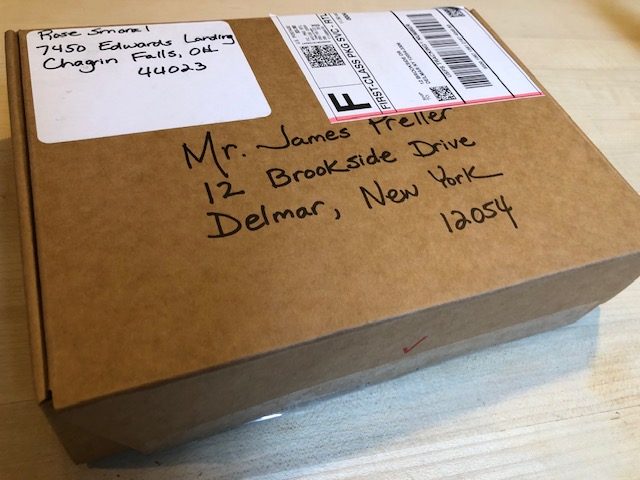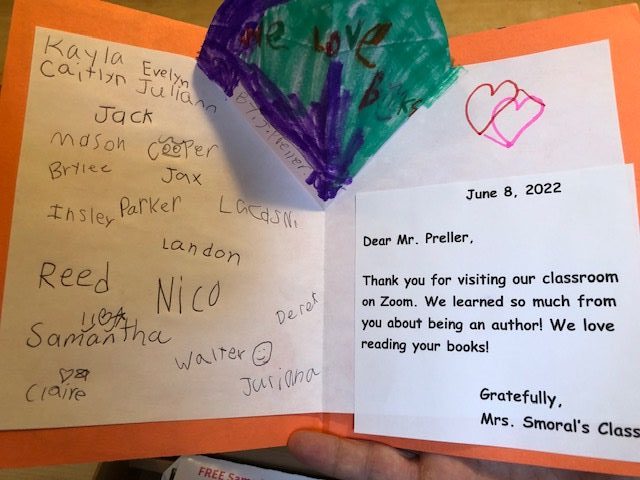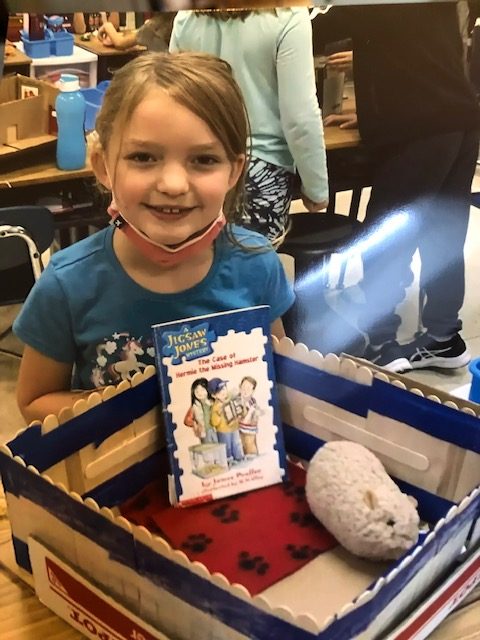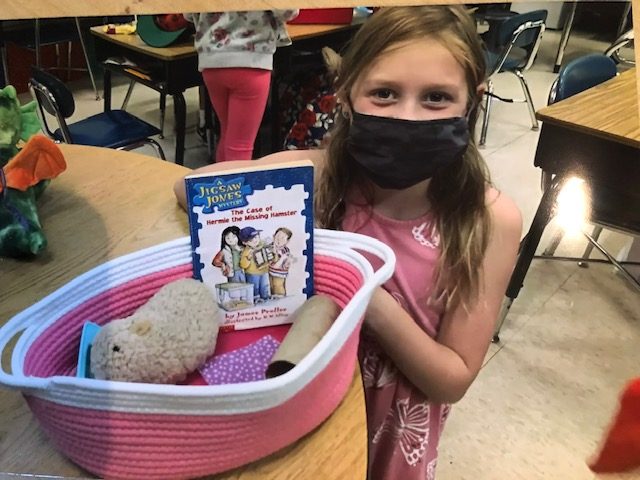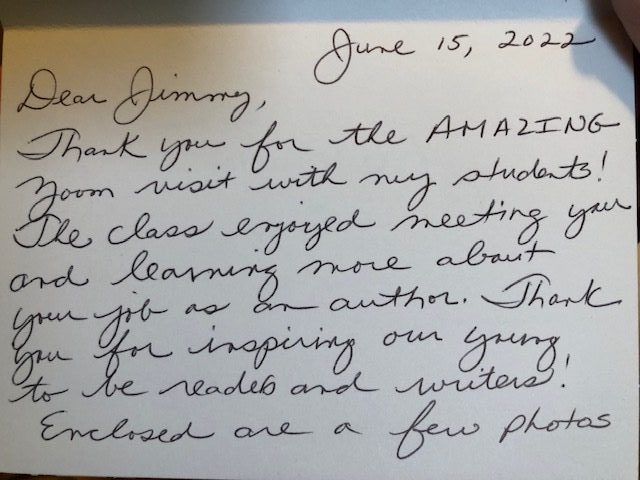–
 In the best of times, my creativity ebbs and flows. This past month, I’ve found it difficult to put a post together. Part of that is my own distracted, short-circuited mind; another aspect is a nagging sense that few people care anyway. I guess a lot of writers feel that way from time to time, though my case has been acute of late. Strangely, I’ve still been actively writing manuscripts. Good ones, too, I think. But I am a little disheartened about my place the industry; I’m just not confident that my recent stories will see the light of day. What’s a writer to do? A strange place to find myself after spending the past 35 years in the children’s book world. On the positive side, I completed a prequel/sequel to my middle grade novel Bystander, titled Upstander, which should come out sometime next year. No cover yet, still waiting to see what that will look like.
In the best of times, my creativity ebbs and flows. This past month, I’ve found it difficult to put a post together. Part of that is my own distracted, short-circuited mind; another aspect is a nagging sense that few people care anyway. I guess a lot of writers feel that way from time to time, though my case has been acute of late. Strangely, I’ve still been actively writing manuscripts. Good ones, too, I think. But I am a little disheartened about my place the industry; I’m just not confident that my recent stories will see the light of day. What’s a writer to do? A strange place to find myself after spending the past 35 years in the children’s book world. On the positive side, I completed a prequel/sequel to my middle grade novel Bystander, titled Upstander, which should come out sometime next year. No cover yet, still waiting to see what that will look like.
So if you are here now, reading this — thanks for that. I hope to never take you for granted.
SUMMER HOURS
I generally cut back on ye olde blog posts in the summer, since a lot of my traffic seems to revolve around the school year. I’ll still post when I’m moved to do so, or if something spectacular comes up, though for the most time it’ll be quiet. But before we all pitch tents in our backyards, I wanted to share with you a publicity letter I wrote to “select” educators who expressed interest in my new book, All Welcome Here, illustrated by the legendary Mary GrandPre.
ALL WELCOME HERE: A LETTER TO EDUCATORS
–
Dear Educator,
As an author who has worked in children’s books for more than half my life, I’ve visited hundreds of schools across the country. I always come away with a good feeling in my heart, not only because of the students, who are amazing, but also because of the vibrancy and intimacy of the classroom. I’m moved by the good work that people like you are doing, day after day, year after year, sometimes under extremely challenging circumstances. Online learning anyone?
Teachers can be counted on to open their hearts and their classrooms to every child who comes through that door. All those values we hold close to our core -– empathy, inclusion, kindness, community –- become a living reality in your classroom. This is the great promise of the American Experiment played out before our eyes. It truly works, you’ve seen it, and it’s beautiful.
 I was inspired to write All Welcome Here early in 2016. The world as I knew it felt fractured and divided. Today, four years later, it seems all but shattered. But together we’re picking up the pieces, working to cobble together a better, brighter, more loving and ethical land of the free.
I was inspired to write All Welcome Here early in 2016. The world as I knew it felt fractured and divided. Today, four years later, it seems all but shattered. But together we’re picking up the pieces, working to cobble together a better, brighter, more loving and ethical land of the free.
Please think of this book as my thank you for that great effort. I know you work hard to foster those values in your school community. Hopefully this book, so gorgeously illustrated by Mary GrandPre, will serve as a springboard for positive conversations between you and your students. Also, I hope that you find it to be entertaining, and funny, and joyful. Jon-Kim spilling his crayons, Chloe’s laughter, and the way a shy girl tentatively makes a new friend. Even the shaving cream behind Principal K’s ear. This book is my tribute to those everyday moments that happen in your school lives, day after day, year after year. Thank you for your valuable work.
Be safe, stay healthy, and good luck!
James Preller
–

ZOOM VISITS
I’ve enjoyed several Zoom and Google Meets Visits over the past few weeks. Some have been particularly meaningful, I think, making me a true convert to the value and impact of a properly structured Zoom Visit.
To me, the key figure in an online visit is the teacher. It is the teacher who inspires, who prepares, who builds anticipation, and who actively moderates (thank you, “mute button!”) an online visit. A Zoom Visit with one class can be a profoundly (and surprisingly) intimate experience. It is very much like stepping into a classroom for a loose, easy-going conversation between students and author.
And guess what? In normal times, that never happens. There’s no time for a visiting author to move from classroom to classroom; instead, we present to entire grades or multiple grades: hundreds of students at one time. That’s awesome and powerful, too. But a Zoom Visit can be inspirational in its own unique way. A standard in-person presentation is a broadcast with a short Q & A tagged on at the end; a Zoom Visit is more interactive, featuring more of a direct one-on-one connection.
I recently heard from an enthusiastic teacher on Long Island who wrote to me after a visit with her class. She said:
“I had to share some more feedback I have received from parents . . . you truly have influenced many of my students. I realize the technology was a bit of a pain, but the outcomes are so worth it! I cannot thank you enough for your time and inspiring words!!”
She included some follow-up emails from parents:
“Danny was so jazzed up after this he wants our whole family to write a book. He has assigned us all jobs to do and he is the author. I never would’ve thought that he’d be so into this. Thank you again. I haven’t seen him this excited about something in a while.”
Here’s another:
“Super inspirational!!! And so so patient. Like when they asked the author similar questions he just patiently answered! It’s inspiring us (at home) to maybe build a mini library!”

Illustration by R.W. Alley from THE CASE FROM OUTER SPACE.
Note: I believe I talked about my love of Little Free Libraries, which I featured in Jigsaw Jones: The Case from Outer Space. Pretty cool if a family reads my book and turns around to build one of their own. That’s the literacy connection, how books bring us together and help build communities.
My point here is not to toot my own horn (though, obviously, I’m doing that), but to express again that I AM SOLD ON ZOOM VISITS.
I think we’ve still got to figure out the money — it has to be very affordable, but at the same time “more than free.” We can individualize visits, or even create recurring visits, around concrete themes. For example: haiku poems. We could talk about them, share them, learn together. Or writing mysteries. Last week I enjoyed a visit with a Texas librarian that centered around dialogue.
In short, I think it’s more productive to think of a Zoom Visit not as “the James Preller show” but more of a unique way to bring an author into your classroom to directly connect with and inspire your students.
Feel free to write to me at jamespreller@aol.com to discuss it. I’m open and flexible and eager to meet your students.
–
–
THANKS AGAIN FOR STOPPING BY!
–
–
-Z
 I just booked another Zoom visit — 30 minutes, Q & A — with a class of 6th graders who all read Bystander over the summer. Books come and go, faster than ever these days, so I am especially grateful to the teachers who still find it valuable to share this book with students. I think of this one as a “talking book,” a springboard for conversations that are very probably more meaningful than any of the printed words that came from me. Anyway: feeling thankful for that.
I just booked another Zoom visit — 30 minutes, Q & A — with a class of 6th graders who all read Bystander over the summer. Books come and go, faster than ever these days, so I am especially grateful to the teachers who still find it valuable to share this book with students. I think of this one as a “talking book,” a springboard for conversations that are very probably more meaningful than any of the printed words that came from me. Anyway: feeling thankful for that.  The prequel/sequel, stand-alone companion book, Upstander, is now available in paperback. Mary’s older brother suffers from a substance use disorder (SUD), and for some that might make this title for a slightly more mature audience. I believe it’s such an important issue — lives are being lost every day — I wanted to find a way to address it in a thoughtful, compassionate way.
The prequel/sequel, stand-alone companion book, Upstander, is now available in paperback. Mary’s older brother suffers from a substance use disorder (SUD), and for some that might make this title for a slightly more mature audience. I believe it’s such an important issue — lives are being lost every day — I wanted to find a way to address it in a thoughtful, compassionate way.









